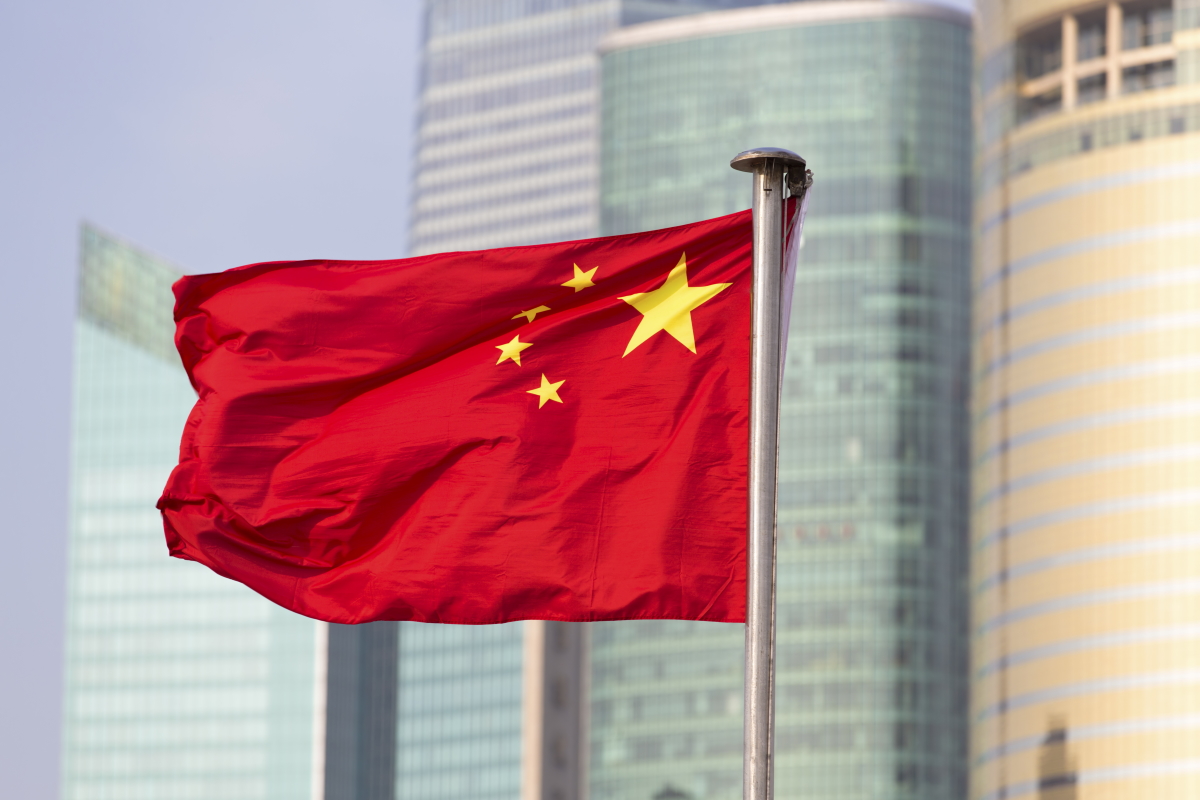Global investors were keenly watching the outcome of the 20th National Congress of the Communist Party of China that ended over the weekend, and the biggest development has been the approval of President Xi Jinping’s third term in office. Although the CCP Congress had a lot of political undertones, asset managers around the globe are diving deep into the key messages of the meeting to understand the probable trajectory of the Chinese economy.
Market participants were expecting a ‘work report’ that addressed the challenges faced by the Chinese economy with a potential solution. However, Xi’s speech talked mostly about long-term growth plans and an emphasis on making China a “medium developed country”. Mirae Asset Global Investments says that China will need an average annual growth of 4.7%-5% in 2021-2025 to achieve this target.
“Given the structural headwinds underway, such as the property downtrend, ageing population, and geopolitical tensions, policymakers may need to adopt a more pro-growth policy stance in the coming years,” says Mirae.
The major concern is the ideology as the updated Politburo Standing Committee has Xi’s proteges, which could increase the risks of policy mistakes.
The investment management firm says that it is unlikely China will deviate from the zero-Covid plan, but there can be some tweaks that help businesses.
Based on Xi’s political report, Mirae Asset sees digital transformation and cyber security as key themes. In the renewables sector, Mirae sees no major risks and believes that “battery and clean energy will remain beneficiaries of favourable policies in the medium and longer term.”
The investment management firm further dissects other sectors which could see a potential policy impact going forward.
View the complete insight here.
Economic growth after CCP Congress
The twice-a-decade CCP Congress drew global attention as China is facing challenging economic conditions, says investment bank UBS. The Swiss bank highlights three key statements from Xi’s opening speech — high-quality development, national security and zero-Covid policy.
Based on these undertones, UBS says that it expects more flexibility when it comes to the zero-Covid policy. The investment bank believes that the tone of the party meeting was balanced and advises investors to take positions in sectors with resilient earnings.
“In the longer term, we think investors should look to align with China’s policy goals,” says UBS. The investment bank sees opportunities in sectors that will support supply chain security, the electric vehicle supply chain, renewable energy operators, industrial upgrades, decarbonization, and dual-circulation priorities.
View the complete insight here.
CCP Congress aims for a healthy economy
Initial analysis of Xi’s consolidation of power and the loyalists on the committee would mean policies would focus on social issues such as “common prosperity”, but Fidelity International believes these concerns are misplaced.
“President Xi clearly reiterated the importance of growth in a variety of sectors, ranging from emerging and strategic industries like aerospace, IT and biopharmaceuticals to infrastructure and high-end manufacturing,” writes Andrew McCaffery, Global CIO of Asset Management at Fidelity.
The investment management firm says that China will continue easing the zero-Covid policy. Fidelity further sees the trend that while foreigners have been net sellers of Chinese assets, domestic investors are buying more.
However, Fidelity says that bears are still ruling the market in China and economic recovery will be gradual. “The People’s Bank Of China still has the tools to support growth where needed, putting China in the opposite position to western countries in terms of its policy trajectory,” writes McCaffery.
View the complete insight here.
Read more

T. Rowe Price
Why US Treasuries may no longer be a safe haven
US Treasuries recent performance has fallen short of expectations.

Candriam
The euro bond market is back in focus
Rising yields and shifting fiscal dynamics are bringing the euro bond market back into focus.

Lombard Odier
EM equities – potential opportunities amid challenges
EM equities face renewed pressure amid US trade policy shifts, slowing growth, and investor outflows.

US Markets
100 days of Donald Trump
The first 100 days of Donald Trump’s second term have shaken markets. Asset managers weigh in on US equities, bonds, and the dollar.





















